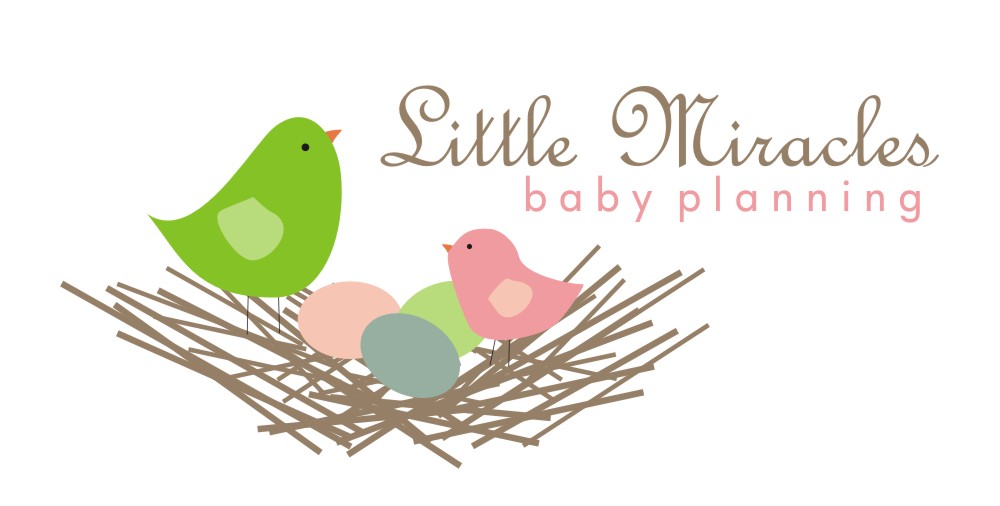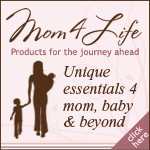from The Soft Landing
Well, you may want to skip the Toy Story 3 action figures from Toys R Us this time around. Even though the company made a pledge to steer away from selling toxic PVC toys, they obviously haven’t done so. The irritating part about situations like this is that the products are unlabeled, so we parents have no clue that they may be a poor choice for younger children who mouth their toys. Very disappointing . . .
Here’s the press release detailing the detective work done by the Ecology Center with assistance from the Center for Health, Environment and Justice (CHEJ) in getting the word out.
WASHINGTON, June 18 /PRNewswire-USNewswire/ — On Saturday, June 19 Teamsters, concerned parents, environmental health and consumer activists will leaflet movie theaters showing “Toy Story 3″ in more than 25 cities across America including Los Angeles, Philadelphia, San Francisco,New York, Seattle, and Tampa. They will distribute comic strips and information detailing the harmful poison plastic contained in “Toy Story 3″ toys being sold at Kohlberg Kravis Roberts and Co’s (KKR) Toys R Us.
Independent product testing conducted by the Ecology Center in Ann Arbor, Mich., has confirmed that Toys R Us is selling “Toy Story 3″ merchandise made with polyvinyl chloride (PVC or vinyl), a poison plastic. Products that tested positive include the Defender Buzz Lightyear figure, Bucket O Soldiers, Buzz and Woody figurines.
Scientific experts say that PVC is the most toxic plastic for human health and the environment and there is no safe way to manufacture, use or dispose of PVC products. Chemicals released in PVC’s lifecycle have been linked to chronic diseases on the rise in children, impaired child development & birth defects, cancer, disruption of the endocrine system, reproductive impairment, and immune system suppression.
The demonstrators are asking Toys R Us to “End the Toxic Toy Story,” label PVC presence on all toys, and agree to a complete phase-out of the poison plastic within a clear and concrete timeframe.
Toys R Us sells hundreds of Toy Story-branded products that remain untested. Without adequate labeling, there is no way for parents to determine which of these items or the thousands of other toys at Toys R Us are laced with PVC.
“In 2008, Toys R Us set the goal of offering PVC-free products after strong consumer pressure. The company has clearly not kept its word. Toys R Us must stop toying around with our children’s health and phase out this toxic plastic,” said Mike Schade, PVC Campaign Coordinator of the Center for Health Environment & Justice. CHEJ sponsors the website, www.PVCfree.org.
The Teamsters have been active in promoting a healthy, sustainable supply chain.
“We need and deserve good jobs, a clean environment, and safe and healthy products.” said John Williams, Teamsters Warehouse Director. “We have repeatedly pointed out that Toys R Us’ owner KKR has not been acting responsibly across several of its controlled companies, and this needs to stop. Our 1.4 million members expect us to look after their wellbeing. Most have children, grandchildren, nieces or nephews. Our commitment to our members extends beyond the workplace and includes their loved ones.”
The Teamsters Union is also engaged in disputes with another controversial company, US Foodservice, which is co-owned by KKR and private equity firm Clayton Dubilier & Rice (CD&R). US Foodservice has been cited more than 100 times by the National Labor Relations Board for violating U.S. labor laws protecting workers rights.
The Center for Health, Environment and Justice (CHEJ) is a national nonprofit organization that provides organizing and technical assistance to grassroots community organizations nationwide. CHEJ was founded in 1981 by grassroots leader Lois Gibbs and was instrumental in establishing some of the first national policies critical to protecting community health, such as the Superfund Program and Right-to-Know. CHEJ’s PVC Consumer Campaign works with grassroots community, regional, statewide, and national environmental health and justice organizations from around the United States. The campaign is focused on preventing harm by shifting decision makers from producing, using and disposing of PVC consumer products and packaging and substituting it with materials that are safe for workers, communities, children and adults.
Founded in 1903, the International Brotherhood of Teamsters represents more than 1.4 million hardworking men and women in the United States, Canada and Puerto Rico.
SOURCE International Brotherhood of Teamsters

.png)





No comments:
Post a Comment